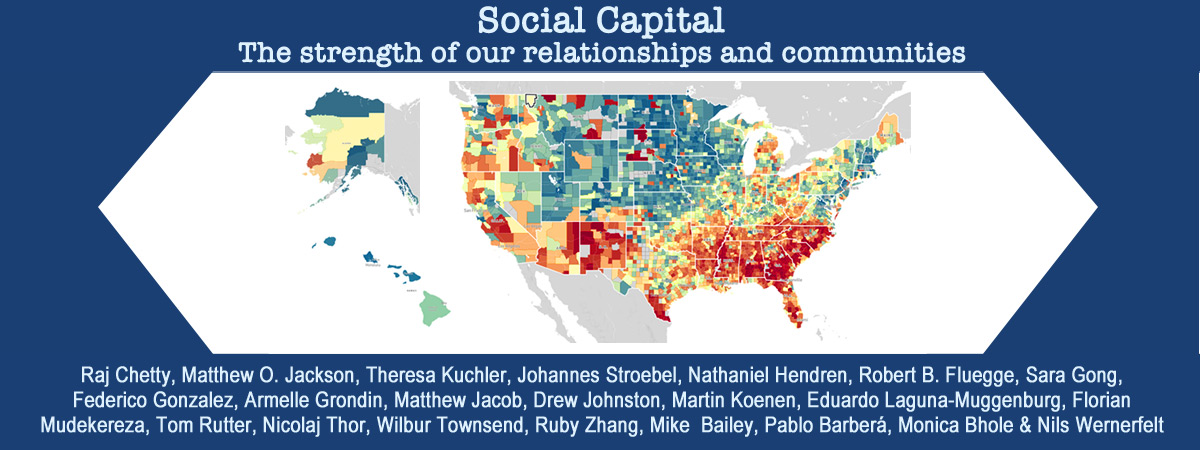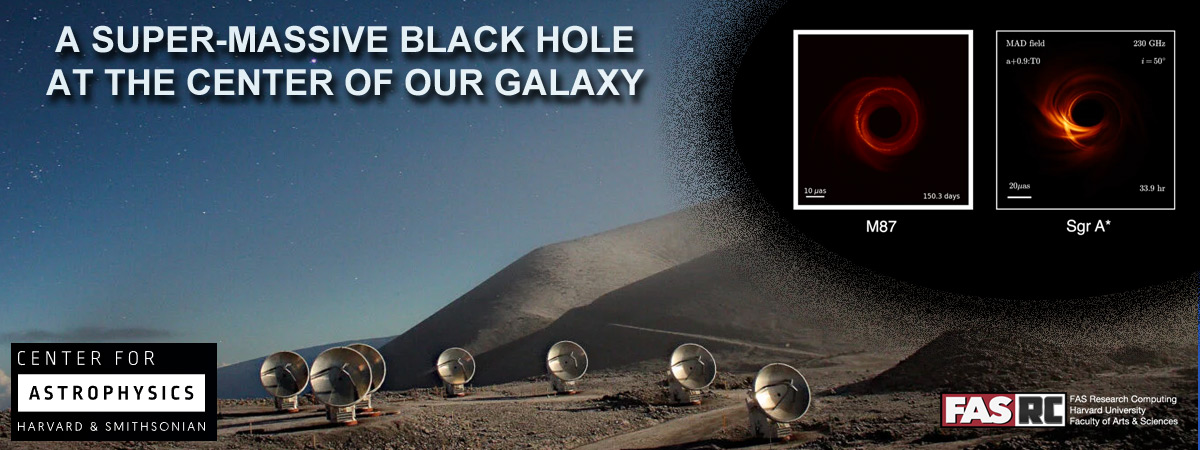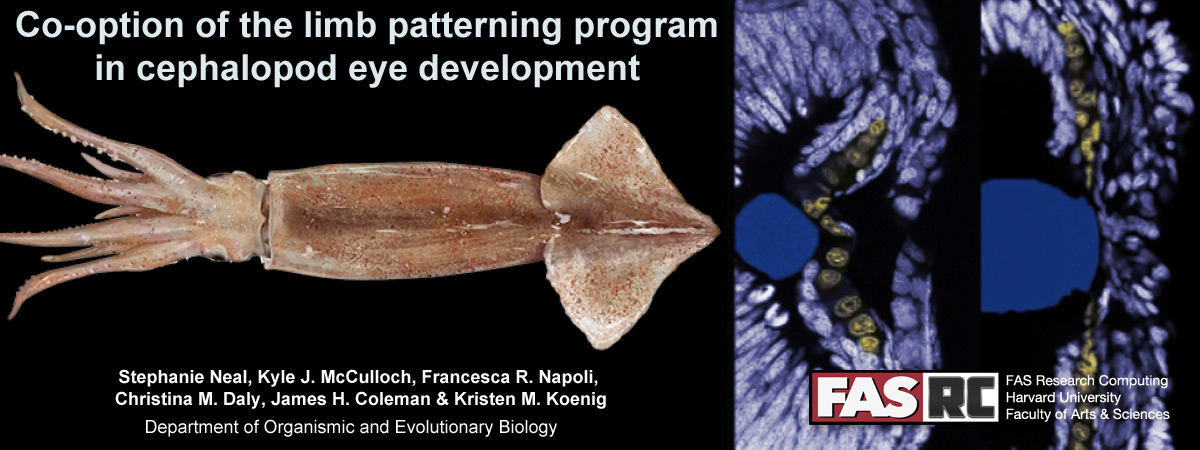CAMBRIDGE, M.A. – The National Science Foundation has awarded a consortium of six universities a $5.3 million grant to support a national network of Advanced Cyberinfrastructure Research and Education Facilitators (ACI-REFs). Harvard University’s FAS Research Computing group is one of the collaborating institutions. The project, called Advanced Cyberinfrastructure - Research and Educational Facilitation: Campus-based Computational Research Support, will broaden the impact of advanced computing resources at campuses across the country.
“This consortium and the addition of ACI-REFs are a core component of Harvard's next generation research computing strategy and will enable further academic excellence at both local and national levels,” said James Cuff, Assistant Dean for Research Computing at Harvard University and co-principal investigator.
ACI-REFs will work together to adopt models and strategies that leverage the expertise and experiences of its members to maximize the impact of investment in research computing. In addition to Harvard, the project’s partners include Clemson University, the University of Hawai’i, the University of Southern California, the University of Utah, and the University of Wisconsin.
The project will be based on a condominium model of computing. Condominium computing provides users with shares of large cluster-based computer resources. Instead of users buying and maintaining their own personal clusters, users buy computing nodes, which are committed to a larger shared cluster, managed and supported by their IT organizations. Users then have access to their nodes plus the idle nodes of other condominium members. The project will expand this model by focusing on support for the steadily increasing “long tail” of ACI users—researchers who belong to disciplines that have not traditionally required access to ACI resources but who recognize that their research requires compute power beyond their desktop machines.
“With universities facing a growing data tsunami in virtually all disciplines, we've realized that now is the time to build a more cloud-like research infrastructure and support model across campuses to help faculty and students meet their data challenges,” said Jim Bottum, the Chief Information Officer at Clemson University and principal investigator on the project. “We appreciate NSF’s investment in our collaborative effort to prototype a new model to further enable faculty and students to accomplish their research goals in this challenging environment.”
Each partner university will have dedicated ACI-REFs who will work directly with faculty, students, and local campus IT to advance scientific discovery through a national network of Advanced Cyberinfrastructure. ACI-REFs will extend the reach and impact of campus and national research computing infrastructure with the goal of fostering research projects that span multiple campuses. The project will thereby create a community that shares knowledge, experience, and expertise and bridges research communities to facilitate the formation of extended local and national collaborations.
“Harvard’s condominium computing model has been effective at providing our faculty and researchers with a scalable environment capable of meeting a vast array of computational needs. We know the model can be successful and we are excited to be a part of this project,” said Cuff. “By building a national ACI-REF network that engages other national initiatives such as XSEDE and the Open Science Grid, we hope to transform how universities and researchers access, use, and manage computation.”
The project team is led by Clemson University CIO Jim Bottum who is the principal investigator on the grant, Barr von Oehsen of Clemson University will serve as the science and outreach lead, Jim Pepin of Clemson University will act as the technical integration lead and Simon Appleford and Dustin Atkins will also serve on the project team at Clemson University.
In addition to the project team, the project’s steering committee includes Glenn Ricart, Chief Technology Officer of the US Ignite Project, Greg Monaco from the Great Plains Network, and John Towns, the principal investigator of the NSF-funded XSEDE program. Miron Livny of the University of Wisconsin and principal investigator of the NSF-funded Open Science Grid will also serve on the project’s steering committee as well as the Chief Scientist for the project.
Co-principal investigators from the partner universities are Gwen Jacobs of the University of Hawai’i, James Cuff of Harvard University, Maureen Dougherty of the University of Southern California, Steven Corbato of the University of Utah, and Paul Wilson of the University of Wisconsin.
Copyright © 2014. All Rights Reserved.
Information about how to reuse or republish this work may be available at Attribution.






